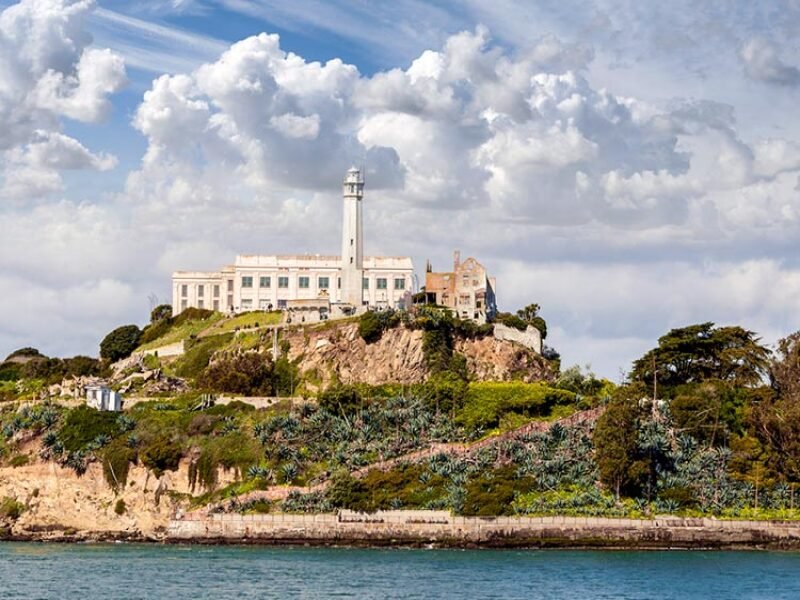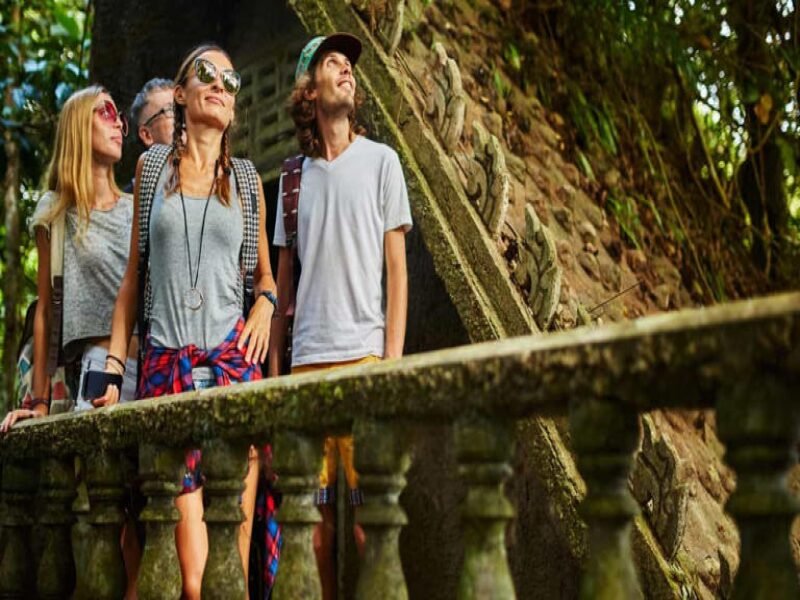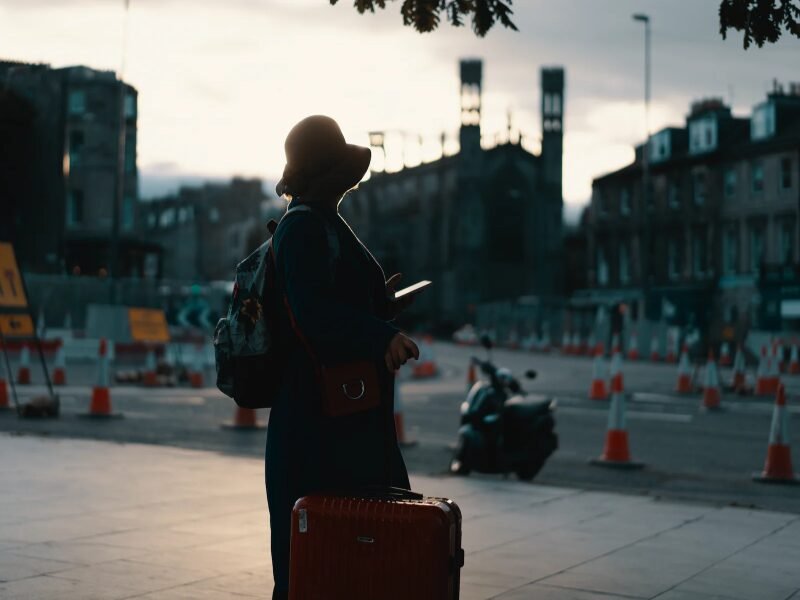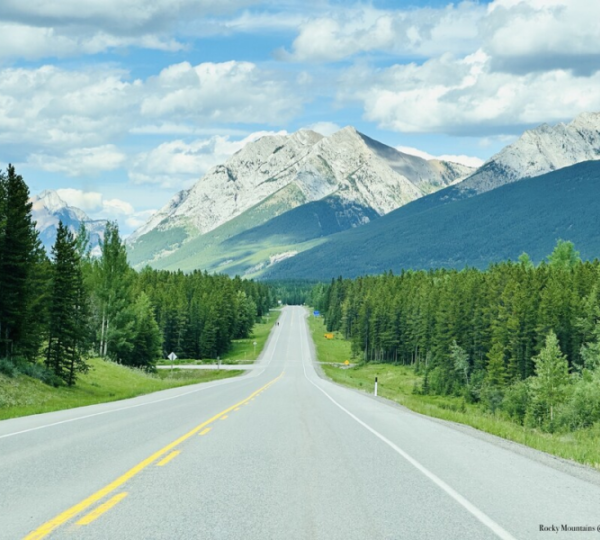Introduction
Tourism has emerged today as a massive industry throughout the world which provides a link between the global citizens and destinations. Its emergence has led to the creation of employment opportunities and enhanced the social-economic growth of many centers. Thus, while tourism is painted in bright colors indicating beauty and vivid culture there is much more about the phenomenon that needs to be seen and recognized.
If left uncontrolled the number of tourists may cause immense negative impact on the environment, exert social pressure on the residing populations and blind the cultural identity of places. However the negative effects of tourism range from depletion of natural resources, commercialization of culture that comes with destructing of the host’s culture leading to their loss.
In this case, this article aims at going further than the common depiction of the benefits of tourism and unveil the different impacts of this sector. When the impact is clear, it becomes possible aiming to obtain a richer yield of advantages on both the receiving sides and the traveling sides.

Environmental Impacts of Tourism
As a commonly innocuous industry, tourism today stands as one of the major instigators of the environmental pressure. However, tourism involves travels to and visitation of natural and cultural sites, and hence potentially detrimental to the resources promoting it.
Use of Natural Resource
Due to its direct and indirect impacts, Irresponsible tourism is in most cases a pressure especially on constrained or sensitive environment. Some of the resources are used at such a high rate and in most cases are not sustainable to support the tourists.
- Water Scarcity: Facilities such as hotels for tourists and visitors, golf courses, and swimming pools need a highly significant amount of water at times, often in areas which already suffer water scarcity. For example, a typical golf course in tropical country drinks more water than sixty thousand rural inhabitants.
- Energy Consumption: The tourism business is energy-intensive, flying and transport along with hospitality facilities play a substantial function in global emission.
- Land Use: Fre elaborate tourism facilities including hotels and resorts result in deforestation, loss of abode and disturbance of wildlife habitats.
Impact on Biodiversity
Negative implication of tourism development include the loss and fragmentation of wildland habitat resulting from human interference. More people mean more interference with wildlife, changes in their behavior and sometimes eviction from their habitats. Although visited by thousands of tourists, excessive noise and chemical wastes produced from the interactions disrupt ecosystems and endanger species.
Pollution and Waste
Tourism leads to production of waste such as plastic materials debris, food waste and sewerages. littering and inadequate waste disposal overflow the sites with litter and pollutes both the terrestrial and aquatic environment plus the air.
- Air Pollution: Tourism generates emissions from air travel and from vehicle use, especially in relation to energy generation to support this activity.
- Water Pollution: Separate pollution from hotels and our ships especially cruise ships or from agriculture related to tourism pollute water sources and are detrimental to marine life and human health.
- Noise Pollution: The noise from transport means, entertainment and other tourist related activities are disruptive to wildlife and the quality of live of the people.
Cruise Ship Pollution
Cruising is one of the most popular forms of travels and at the same time presents specific risks to the environment. These vessels produce large volumes of waste water and sewage, oil and other pollutions of the sea air. I have also observed that they can spread or promote invasive species by releasing Ballast Water.
Climate Change
One of the most impactful areas of the tourism industry is the climate change, the main point of it being the emissions that the aircraft provide. Transport being a major component of tourism, moving tourists from one destination to the other poses a great threat to global emissions. Climate change in turn affects tourism destinations through factors such as sea level rise, extreme weather and general reduction in physical quality of attractions that make up the tourism destinations.
Socio-Cultural Impacts of Tourism
Although tourism is one of the means for people to learn more about their counterparts and to increase cultural interdependence, it has such negative effects upon the culture as cultural degradation and social restructuring of the community.
Commodification of Culture
Tourism metastases cultural performances and other well-meaning cultural values and practices into cultural products that are consumed by the tourist. This process of commodification will transform the physical as well as the symbolic constitution of cultures with consequent diminution of authenticity and semiotic value since cultures are adapted more and more to adjust to the tastes of the tourists.
- Staged Authenticity: Tourist attraction may as a result compromise cultural performances or rituals through modification or even presentation in a watered down or fake manner. This makes it very easy for the flow and practices of traditional knowledge and practices to be set aside.
- Cultural Appropriation: Tourism may lead to exploitation and/or misunderstandings of directions cultural symbolism and artifacts may be employed or used.
Case Study: The Maasai People of Kenya and Tanzania
The Maasai people of East Africa are a semi nomadic, pastoralist community who have become tourists’ favorite attraction. But motivation towards ‘real’ Maasai experience has turn into cultural enactments and commoditization of culture. It has in some few instances resulted to the negative aspect of defacing the culture advocate of these practice besides causing disparities in the economic status of the Maasai people.
Social Disruption
Tourists affect the host nations in a way that overrides their usual culture and norms they hold as a society.
- Displacement: Tourism development also has negative effects of the direct displacement of people from their land to make way for the hotel, resort and others.
- Increased Crime Rates: There is always the likelihood that an increase in tourism leads to an upliftment in social scourge such as theft, prostitution, and trafficking in narcotics.
- Changes in Social Values: Sometimes changes borne out of tourism interactions with other different cultures and ways of life may giver rise to tension or conflict in societies of the hosts.
Over tourism
Someone another form which worsens social and cultural impacts is over tourism; it is a scenario whereby a certain destination is flooded with many tourists. This creates crowding, imposition on existing infrastructure and puts a pressure on the available resources. People of Caries come under pressure due to overcrowding of the tourists which leads to strain and social tension.
Loss of Authenticity
Tourism is always connected with the general globalization because tourists expect the destinations to conform to international norms and values. In this case, it may be harbingers of the erosion of local distinctiveness and the erasure of space.
- Densification:” Densification” in essence means that places are turned into clean and profit-making tourist sites, and are usually depoliticized and devoid of any identity.

Economic Impacts of Tourism (Beyond the Obvious)
This paper will therefore seek to present the positive impacts of tourism, cast a spotlight on the possible negative economic impacts that are not easily foreseen.
Economic Dependence
Tourism products can often dominate a country’s economy and make it susceptible to other factors happening in the outside world. This makes tourism very vulnerable, and sudden shocks such as economic crises or a pandemic dramatically influence tourism flows and can be very difficult to recover especially for communities whose economy relies mostly on tourism.
Economic Leakage
It is also important to note that a substantial proportion of tourism receipts may well leak out of the economy. He noted that most of the hotels, resorts and other related businesses in the tourism industry are owned and managed by multinational investors which result to profits earned in the country being taken back to the home country. Likewise, tourist may use their money on imported products and services – this prescribes the positive impacts to the host destination.
Inflation and Inequality
Promoted expenditure arising from tourism often accelerates the inflation rate since price of good and service is reflected. This can be a disadvantage to the local people because they will be forced to live expensively without fully gaining from the proceeds accruing from tourism.
Tourism development can also lead to the emergence even increase of ‘ hard ‘ forms of the dualization of work intendants. Tourism occupations may be confined to the lower end of the occupational structure offering low wage service employment, investments in the tourism industry may lead to benefit dispersal where only a selective few benefit.
Job Quality
A large number of occupations within the tourism sector are low paid with minimal employed benefits of seasonal work and opportunity for mobility. Tourism workers also suffer from weak working conditions; they are overworked, many are provided with inadequate wages with no benefits and contractual employment.
Solutions and Sustainable Tourism Practices
Realizing the pathological aspects of tourism is the first step towards forming a better type of tourism. Constantly embracing the sustainable strategies will assist in reducing the effects posed by tourist to the destination and the tourist himself.
Responsible Tourism
Responsible tourism encourages travelers and tourism businesses to minimize their negative impacts and maximize their positive contributions to local communities and the environment. This involves:
- Respecting local cultures and traditions.
- Supporting local businesses and economies.
- Conserving natural resources and minimizing pollution.
- Protecting cultural and natural heritage.
- Promoting social and economic equity.
Examples of responsible tourism practices include:
- Choosing eco-friendly accommodations.
- Reducing water and energy consumption.
- Using public transportation or walking instead of private vehicles.
- Respecting wildlife and their habitats.
- Supporting local artisans and businesses.
- Learning about and respecting local customs and traditions.
Community-Based Tourism
Community-based tourism (CBT) empowers local communities to manage and benefit from tourism activities. It ensures that tourism development is driven by the needs and aspirations of the community, rather than external forces.
CBT initiatives often involve:
- Local ownership and control of tourism businesses.
- Equitable distribution of tourism benefits.
- Preservation of cultural heritage.
- Environmental conservation.
Examples of successful CBT initiatives include:
- Homestays and guesthouses run by local families.
- Community-owned tour companies offering authentic cultural experiences.
- Craft cooperatives selling locally made products.
Ecotourism
Ecotourism focuses on responsible travel to natural areas, conserving the environment, and improving the well-being of local communities. It emphasizes:
- Minimizing environmental impact.
- Respecting local cultures.
- Providing economic benefits to local communities.
- Educating travelers about conservation and sustainability.
Examples of ecotourism activities include:
- Wildlife watching.
- Hiking and trekking.
- Visiting national parks and protected areas.
- Staying in eco-lodges.

Conclusion
As with many things that have benefits, tourism is no exception, it brings with it the economic benefits and cultural interchange, however the flip side is as appalling as this. It has been observed that on the one hand there are significantly negative environmental externalities as well as social and cultural costs to the host community and the value laden cultural history of native Indigenous populations and local communities. Nevertheless, we can try to build the more responsible and beneficial tourism through participation of these problems and through usage of non-harmful policy.
Such questionable practices should not be encouraged but instead yielding to algophilic tourism with approaches that respect the environmental settings, enhance the astrosphere and the archaeological sphere. Sustainable tourism, local tourism, and quite tourism lay stepping stones toward a better future for the industry.
Travelers are the key actors and as such we ought to ensure that we make good decisions and support sustainable ideals and ventures. It means that if people start thinking about their travelling, and start reducing negative implications of travelling themselves as tourists, then they will become a part of positive and ethical tourism.
It is about time to focus on other aspects of tourism, and mention not only the most attractive and appealing locations in the world. Thus, exalting the shadows enables the proper creation of the tourism of the light, for the benefit of the people and land.




